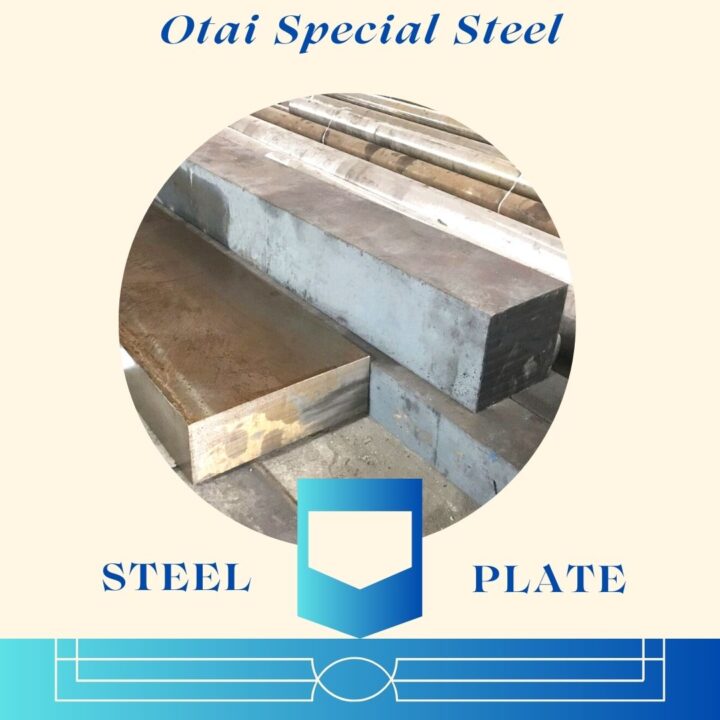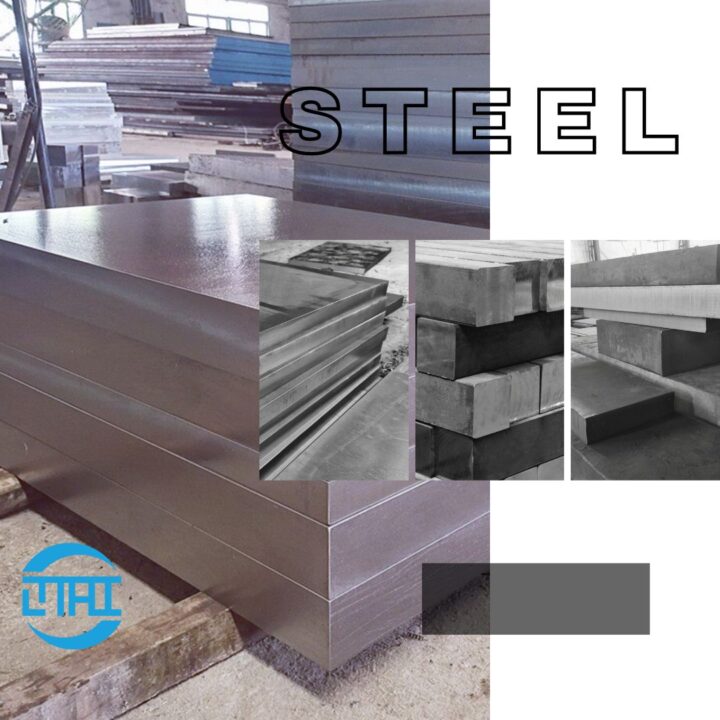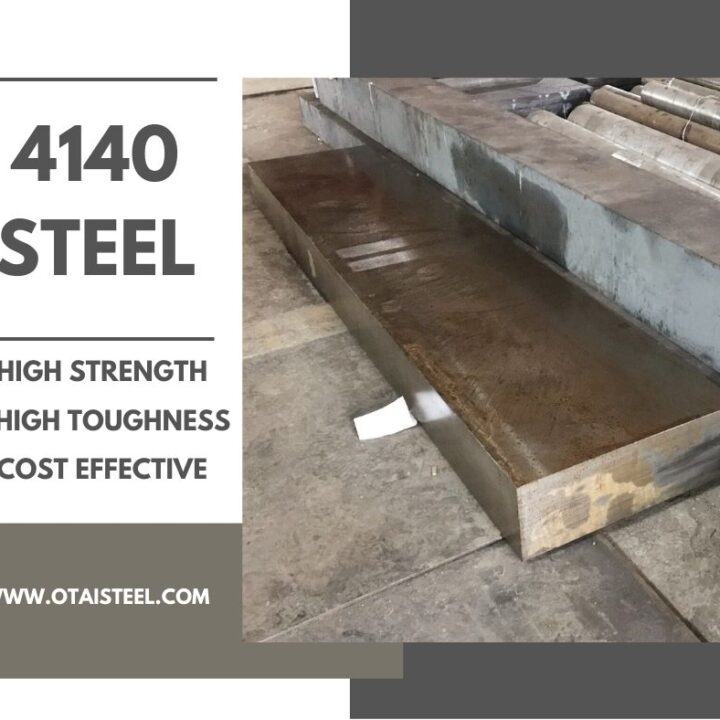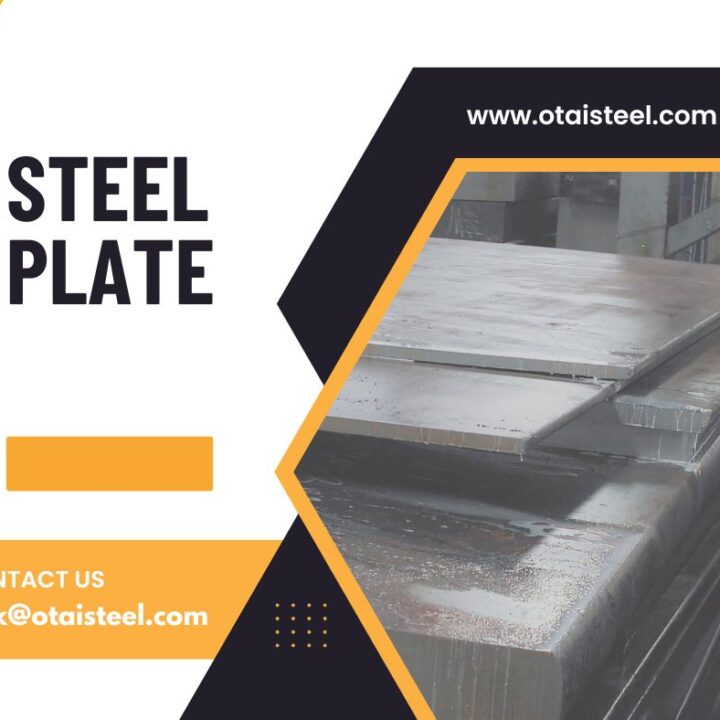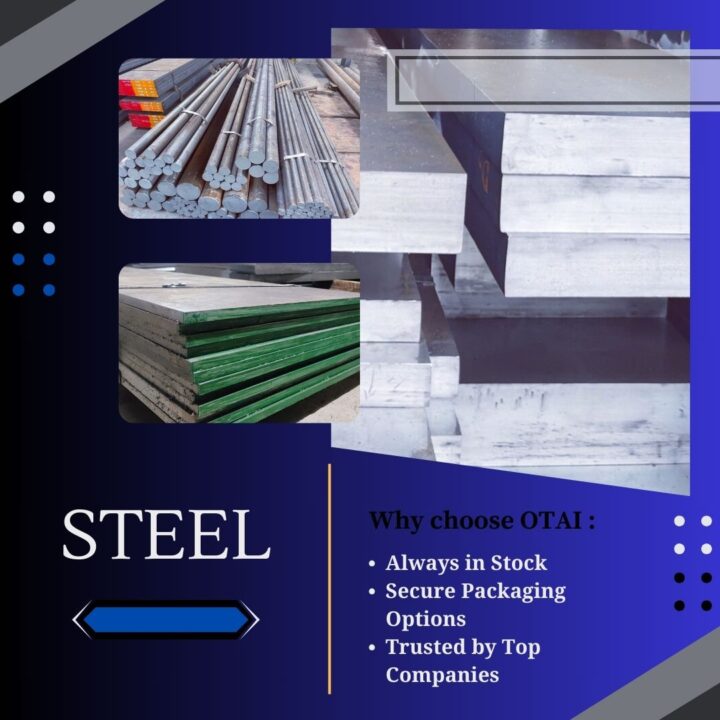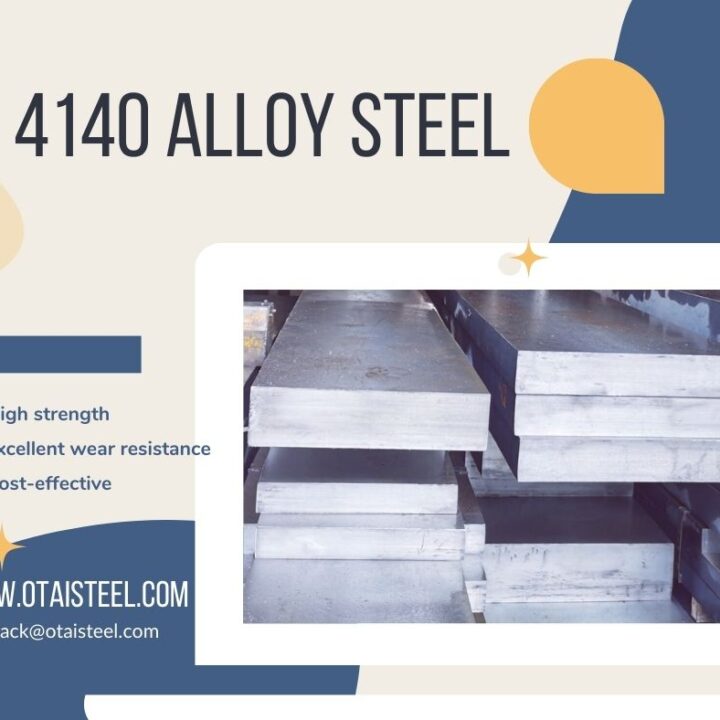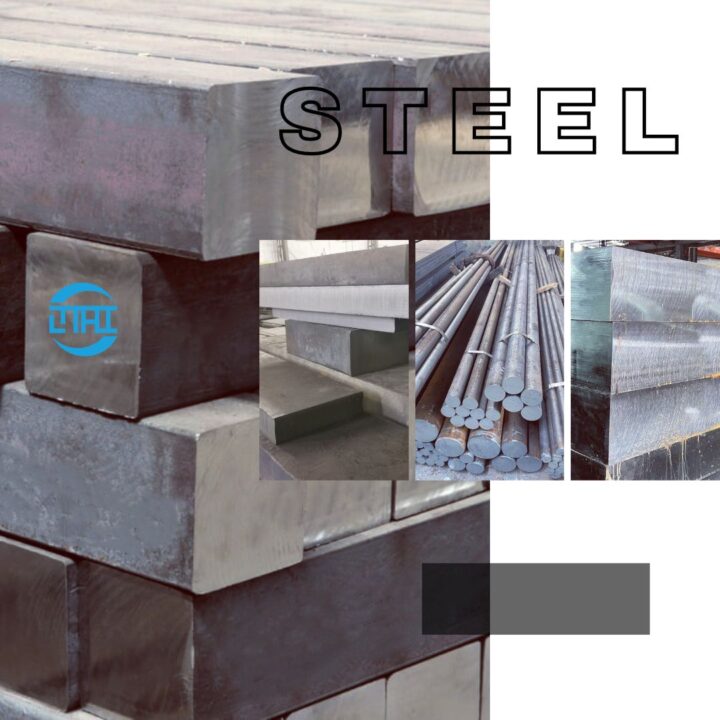Corrosion resistance is crucial for materials used in various industries, such as marine, oil and gas, and chemical processing. 4140 steel, with its combination of strength and corrosion resistance, is often a preferred choice for such applications. Understanding the impact of alloying elements on its corrosion resistance provides insights into its performance and potential applications.
Alloying Elements in 4140 Steel
The alloying elements present in 4140 steel contribute to its corrosion resistance. The primary alloying elements include:
- Chromium: Enhances the steel’s corrosion resistance and forms a passive oxide layer on the surface.
- Molybdenum: Provides improved resistance to pitting and crevice corrosion.
- Carbon: Affects the hardness and strength of the steel, contributing to its overall corrosion resistance.
Impact of Alloying Elements on Corrosion Resistance
- Chromium
Chromium is a key alloying element in 4140 steel. It forms a protective chromium oxide layer on the surface, known as passivation, which acts as a barrier against corrosive substances. The higher the chromium content, the greater the corrosion resistance of the steel.
- Molybdenum
Molybdenum enhances the corrosion resistance of 4140 steel, particularly in aggressive environments containing chlorides and acids. It provides improved resistance to localized corrosion, such as pitting and crevice corrosion, making 4140 steel more suitable for challenging conditions.
- Carbon
Carbon content plays a vital role in the mechanical properties of 4140 steel, including its corrosion resistance. An optimal carbon content provides a balance between strength and corrosion resistance. Higher carbon content can lead to improved hardness and strength but may slightly reduce corrosion resistance.
- Other Alloying Elements
Other alloying elements, such as nickel, copper, and vanadium, can also influence the corrosion resistance of 4140 steel. These elements may be added in specific quantities to enhance specific properties, including corrosion resistance, in certain environments.
Corrosion-Resistant Applications of 4140 Steel
The corrosion resistance of 4140 steel makes it suitable for various applications, including:
- Marine environments: 4140 steel is used in marine equipment and structures that require resistance to saltwater corrosion.
- Chemical processing: It finds application in chemical plants, where resistance to corrosive chemicals is essential.
- Oil and gas industry: 4140 steel is utilized in oil and gas production equipment exposed to harsh environments.
The alloying elements present in 4140 steel significantly contribute to its corrosion resistance. Chromium forms a protective oxide layer, while molybdenum enhances resistance to localized corrosion. Carbon content affects both strength and corrosion resistance. Understanding the impact of these alloying elements helps in selecting the right material for corrosion-resistant applications.
